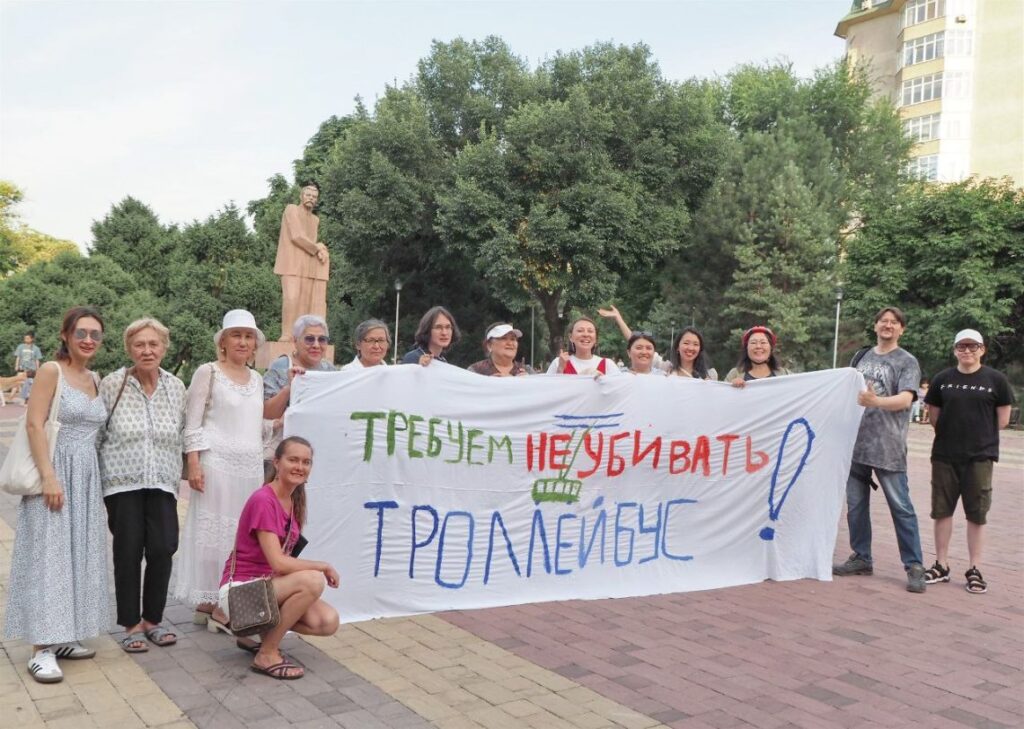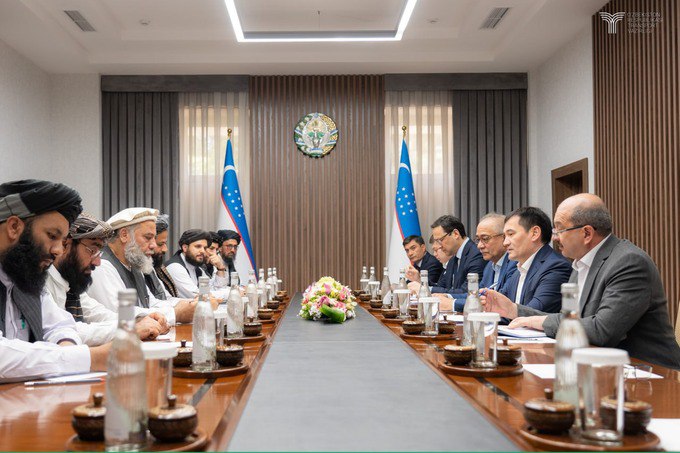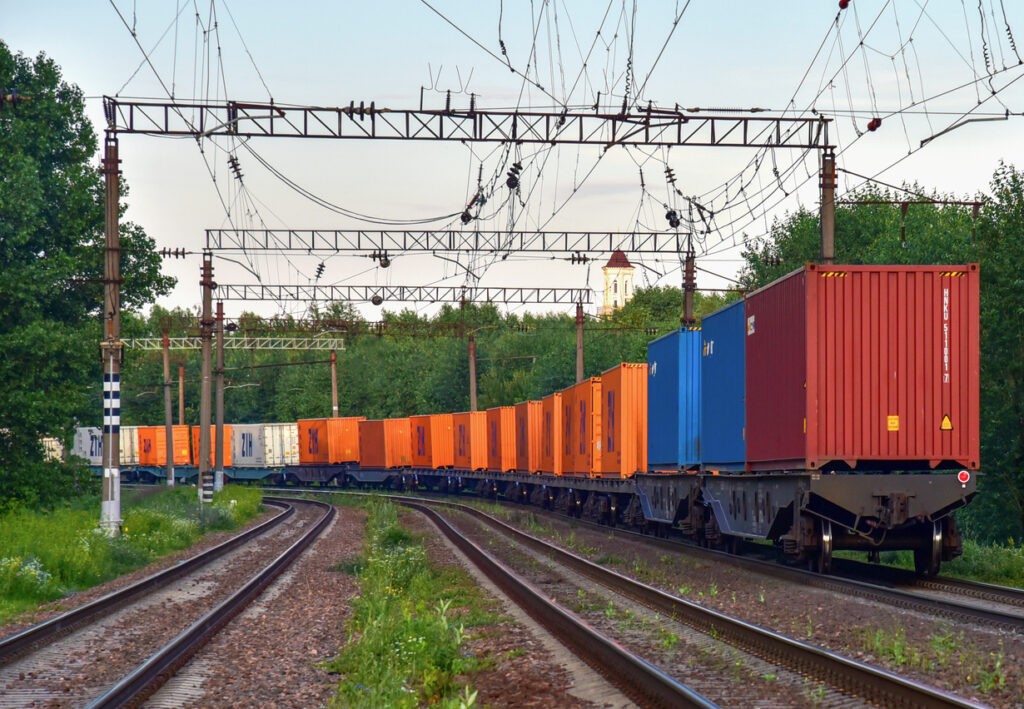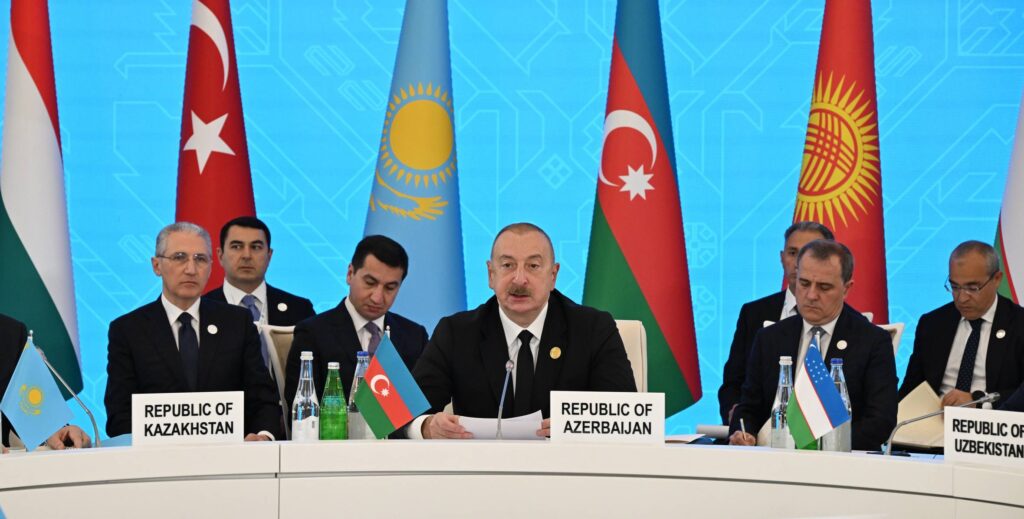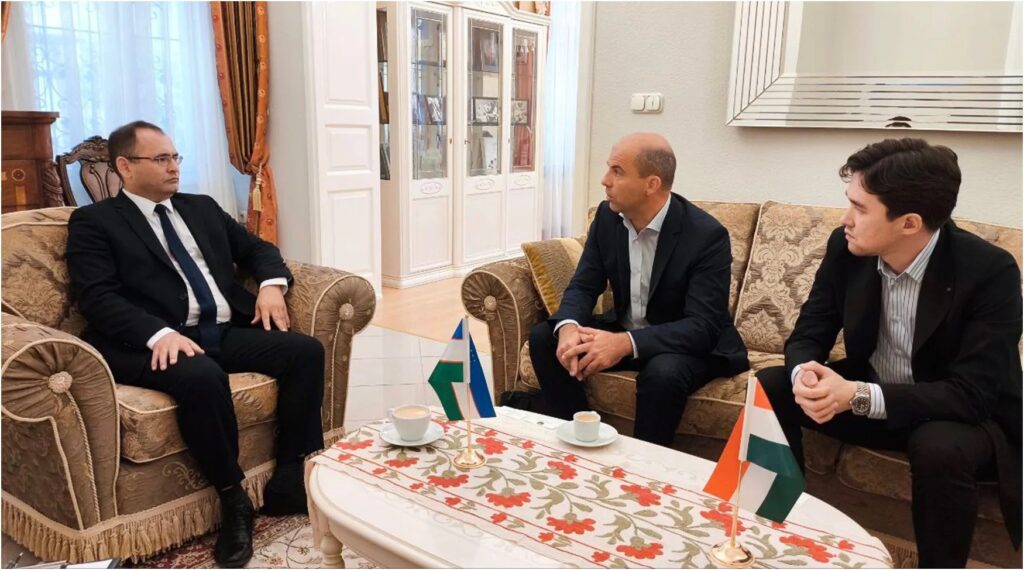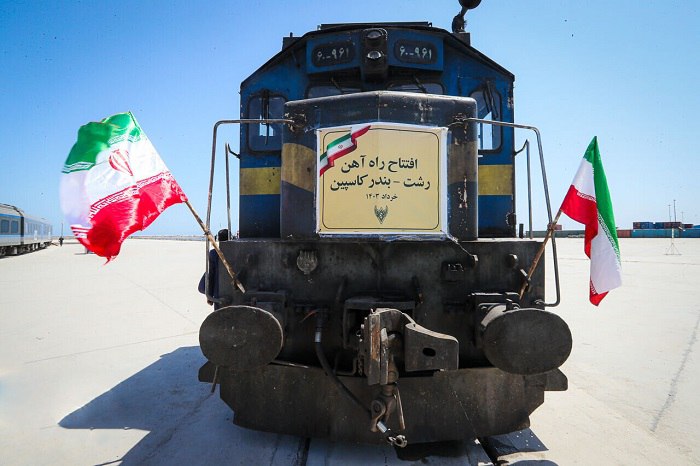Why Is Bishkek Getting Rid of Trolleybuses?
Bishkek City Hall intends to "clean" the city of trolleybuses. According to city officials, the environmentally friendly mode of transportation has become unprofitable; however, residents are against such a decision — citizens claim their opinion is not considered in the municipality. Almost all trolleybus routes will be removed from Bishkek's roads, and electric buses ordered from China will replace them. The entire electric infrastructure — wires for trolleybuses — has been dismantled. In an interview with the state agency Kabar, mayor Aibek Junushaliyev said that the unpopular decision would create more comfortable living conditions for citizens. "Trolleybuses can only ride on one route, and we cannot temporarily redirect them to other streets. That is, they can only travel on their lines, and during some road closures, it is impossible to change their route. Electric buses and other public transportation are more mobile, and their route can be changed to solve problems with traffic jams in the city. With trolleybuses, such a solution is impossible," Junushaliyev said. The mayor explained his decision to remove trolleybuses due to the unprofitability of electric transportation. Allegedly, trolleybus passenger traffic is decreasing year by year. In 2023, trolleybuses moved 8 million people; this year, they moved 3 million fewer. "Also, trolleybus maintenance is costly. We subsidize more than 200m KGS ($2.3m) for trolleybuses," Junushaliyev stated. The Bishkek mayor's office said it is launching the Open Skies project, which will remove all trolleybus lines in the city because they have reached the end of their useful life. Interestingly, in 2022, the Bishkek Trolleybus Department signed a contract with the Chinese company Ankai Automobile Co. to bring 120 battery-powered trolleybuses and the entire charging infrastructure to Kyrgyzstan. Bishkek residents are outraged by the city authorities' unilateral initiative. In the past few weeks alone, government agencies have received more than three hundred appeals from citizens to stop the destruction of an ecological mode of transportation. Activist Darya Nesterova told The Times of Central Asia that the city government deliberately underestimates the number of passengers traveling on trolleybuses. "City Hall is violating the law. We have regulations according to which such projects must be submitted for public discussion. The townspeople should comment that the mayor's office has behaved very willfully. They did not listen to the opinion of city deputies or the people; they immediately started cutting trolleybus wires, although they had no legal right to do so," Nesterova said. According to her, the destruction of one of the modes of public transportation is sabotage. "Bishkek City Hall in 2018 took a loan from the European Bank for Reconstruction and Development to upgrade the trolleybus network. This loan the city will repay for another five years. In addition, the bank's money was used to purchase 50 new trolleybuses capable of serving the city. Therefore, all the talk about the outdated electric fleet is illogical," Nesterova isaid. The public doesn't understand how the capital's authorities will explain themselves to the creditors—the EBRD gave a loan to reconstruct trolleybus lines in...
